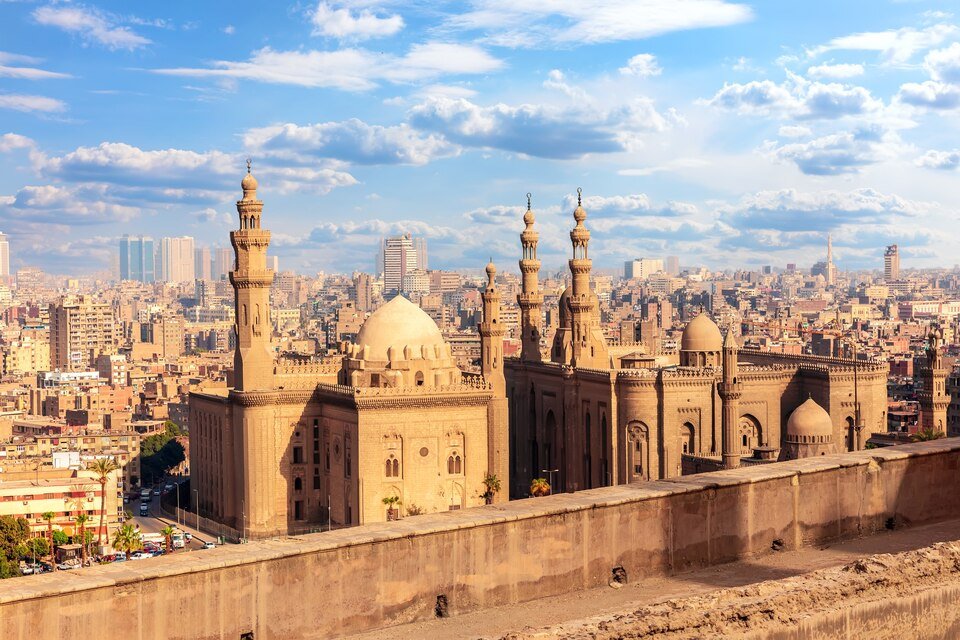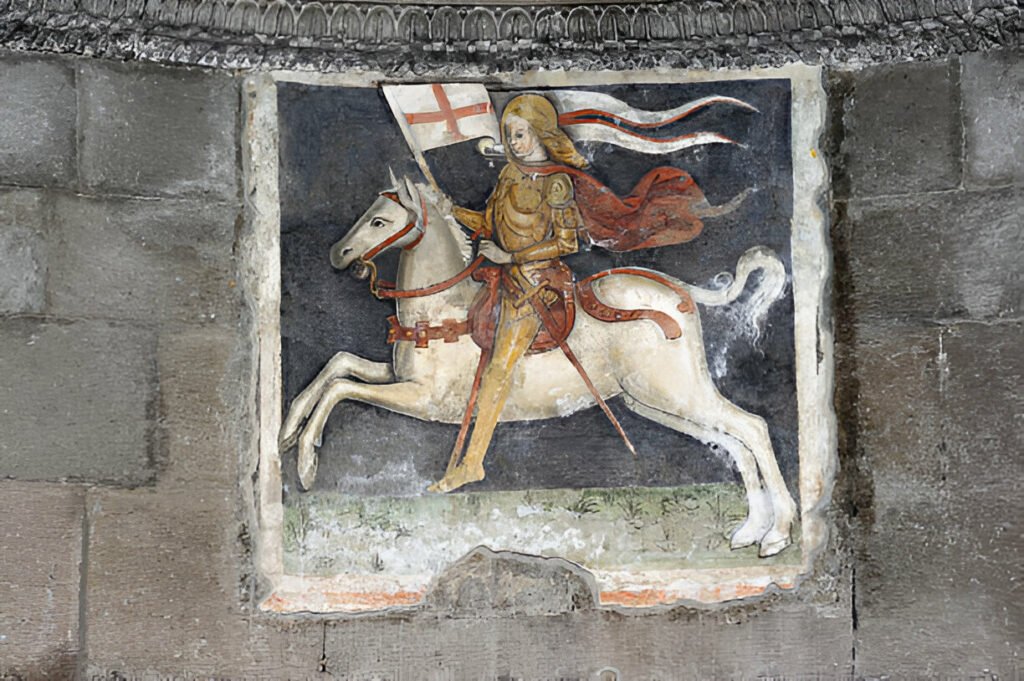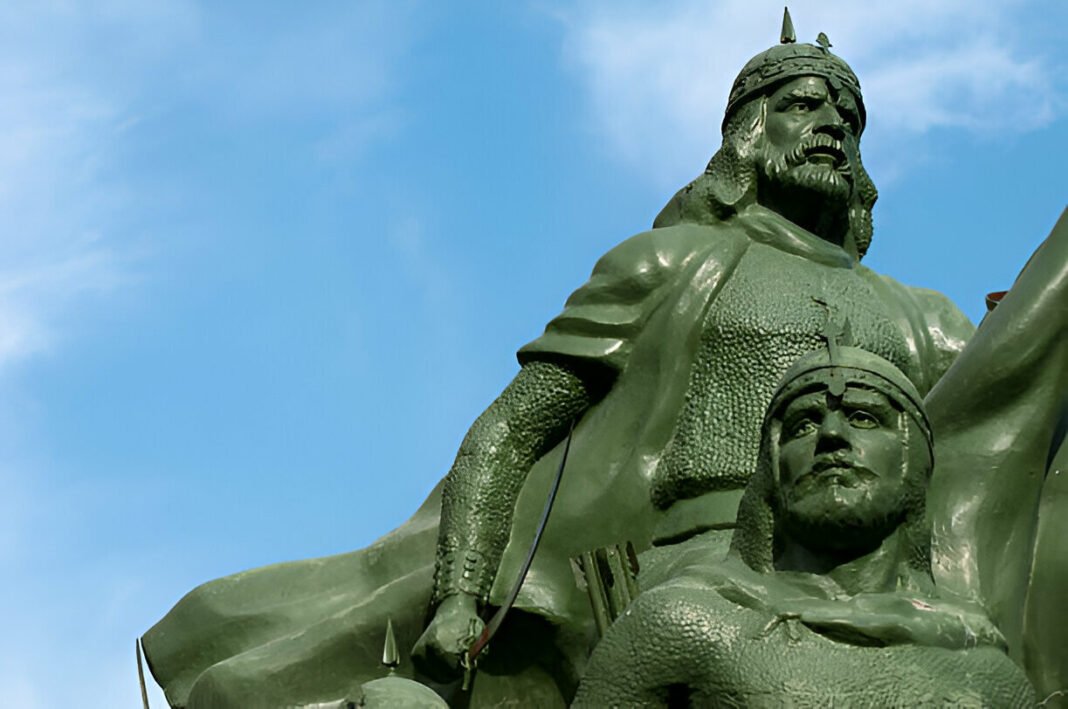Saladin The Chivalrous Warrior of the Crusades
Saladin, a name that resonates with honor, chivalry, and strategic brilliance, remains one of the most respected figures in both Islamic and Western histories. Born in 1137, Saladin rose to prominence during the Crusades, a series of religious wars between Christians and Muslims for control of the Holy Land. His most notable achievement was the recapture of Jerusalem from the Crusaders in 1187. This article delves into the life of Saladin, exploring his leadership, military strategies, and enduring legacy.
Early Life and Background
Saladin, whose full name was Salah ad-Din Yusuf ibn Ayyub, was born in Tikrit, in present-day Iraq. His family belonged to the Kurdish Ayyubid dynasty. From a young age, Saladin was exposed to the art of governance and military tactics, thanks to his father and uncle, who were prominent figures in the military and political landscape of the time.
Rise to Power
Saladin’s rise to power began under the tutelage of his uncle, Asad ad-Din Shirkuh, a general in the service of the Zengid ruler Nur ad-Din. Saladin proved himself as a capable military leader during campaigns in Egypt. After Shirkuh’s death, Saladin succeeded him as the vizier of Egypt. Through political acumen and military prowess, Saladin gradually consolidated his power, eventually becoming the Sultan of Egypt and Syria.
Unification of Muslim Forces
One of Saladin’s significant achievements was the unification of the fractured Muslim states. Recognizing the need for a united front against the Crusaders, Saladin worked tirelessly to bring various Muslim factions together. His efforts culminated in the formation of a powerful coalition, which significantly strengthened the Muslim position in the region.

The Recapture of Jerusalem
The most celebrated event in Saladin’s career was the recapture of Jerusalem. In 1187, he led a massive campaign against the Crusader states. The pivotal Battle of Hattin, fought near the Sea of Galilee, resulted in a decisive victory for Saladin. This victory opened the path to Jerusalem, which surrendered to his forces on October 2, 1187. Saladin’s capture of Jerusalem was marked by his chivalrous conduct; he allowed Christian inhabitants to leave the city peacefully and provided safe passage for those who could afford the ransom.
Military Strategies and Leadership
Saladin’s success in the battlefield can be attributed to his strategic acumen and innovative tactics. He utilized a combination of guerrilla warfare, psychological tactics, and well-coordinated assaults to outmaneuver his enemies. Saladin’s ability to inspire and lead his troops with charisma and compassion earned him the unwavering loyalty of his men.
Chivalry and Diplomacy
Saladin was renowned for his chivalry and diplomatic skills. Even his adversaries acknowledged his sense of honor and fairness. After the capture of Jerusalem, he treated the defeated Crusaders with respect, allowing many to leave unharmed. His conduct contrasted sharply with the brutal massacres often associated with the Crusades, earning him admiration and respect from both Muslims and Christians.
Challenges and Conflicts
Despite his successes, Saladin faced numerous challenges. Maintaining the unity of the diverse Muslim factions was a constant struggle. Additionally, the Third Crusade, led by Richard the Lionheart, posed a significant threat to Saladin’s control over the Holy Land. The protracted conflict between Saladin and Richard is legendary, characterized by mutual respect and chivalry.

Legacy of Saladin
Saladin’s legacy is profound and multifaceted. He is remembered as a paragon of chivalry and a brilliant military leader. His efforts in unifying the Muslim world and recapturing Jerusalem had lasting impacts on the region’s history. Saladin’s legacy extends beyond his military achievements; he is also celebrated for his justice, generosity, and diplomatic acumen.
Modern Perception and Cultural Impact
Saladin’s story has been immortalized in various forms of media, including literature, film, and television. His life and achievements continue to captivate audiences worldwide. In the Islamic world, he is revered as a hero who defended the faith and reclaimed the Holy Land. In the West, he is respected for his chivalry and fairness, often depicted as a noble adversary in the Crusades narratives.
Conclusion
Saladin’s life is a testament to the enduring values of honor, chivalry, and strategic brilliance. His ability to unite disparate factions and lead with compassion and fairness set him apart as a remarkable leader. The recapture of Jerusalem and his respectful treatment of its inhabitants underscore his commitment to justice and mercy. Saladin’s legacy continues to inspire and remind us of the timeless principles of leadership and integrity.
FAQs
Who was Saladin?
Saladin, or Salah ad-Din Yusuf ibn Ayyub, was a Muslim Sultan who rose to prominence during the Crusades and is best known for recapturing Jerusalem from the Crusaders in 1187.
What was Saladin’s most significant military achievement?
Saladin’s most significant military achievement was the recapture of Jerusalem in 1187 after his decisive victory at the Battle of Hattin.
How did Saladin treat the inhabitants of Jerusalem after its capture?
Saladin treated the inhabitants of Jerusalem with respect and chivalry, allowing Christian inhabitants to leave peacefully and providing safe passage for those who could afford the ransom.
What were some of Saladin’s military strategies?
Saladin employed a combination of guerrilla warfare, psychological tactics, and well-coordinated assaults to outmaneuver his enemies. His strategic acumen and ability to inspire his troops were key to his success.
What is Saladin’s legacy?
Saladin’s legacy is one of chivalry, strategic brilliance, and leadership. He is remembered for unifying the Muslim world, recapturing Jerusalem, and his just and honorable conduct in both war and peace.




